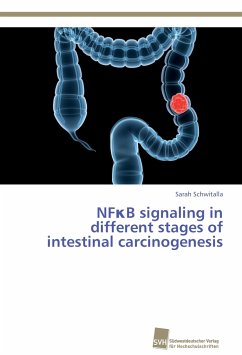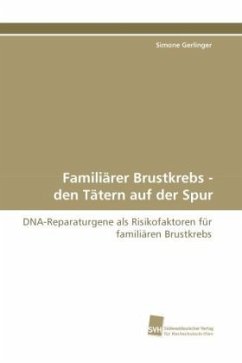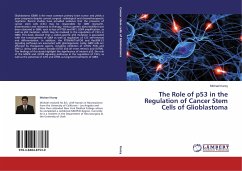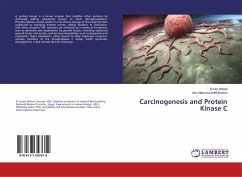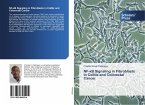Colorectal cancer remains one of the major health concerns as it is the 2nd most common cause of cancer deaths in developed countries including more than 1 million new diagnosed cases each year. Risk factors are mostly conditioned by environmental influences but also by chronic inflammation. The transcription factor NF- B is known as the key factor involved in inflammation and has been shown to be constitutively active in most cancers and inflammatory pathways activated in cancer. However, the complex mechanisms and the celltype and context specific functions of NF- B remain poorly understood. This book aims to contribute to a deeper comprehension of NF- B and its role in colorectal cancer. Here, NF- B is demonstrated to be substantially involved in cell type plasticity during tumor initiation as well as during tumor progression. During tumor initiation NF- B triggers Wnt-dependent dedifferentiation of enterocytes leading to cell transformation calling attention to dedifferentiation as a novel cell-of-origin concept in cancers. During late tumor stages, NF- B supports epithelial-mesenchymal-transition and is responsible for the recruitment of an inflammatory microenvironment.
Bitte wählen Sie Ihr Anliegen aus.
Rechnungen
Retourenschein anfordern
Bestellstatus
Storno

